In the realm of international healthcare and insurance services, the need for accurate and specialized translations is of paramount importance. Ensuring that medical reports, clinical summaries, and other relevant documents are translated with utmost precision can be vital in decision-making processes, especially for medical examiners and insurance providers.
The Pivotal Role of Translations in Medical Examinations
Medical examiners, especially those affiliated with international and Czech insurance providers, often face the challenge of evaluating clinical reports and medical documents from different countries. This is where specialized translation services come into play. Particularly notable in this context is the German health insurance provider, AOK, which frequently collaborates with Czech healthcare institutions.
The spectrum of translations can be vast, encompassing various fields like trauma medicine, surgery, oncology, urology, neurology, and cardiology. Translations are not just limited to English and German but also cover languages like Russian and Swedish. The complexity of medical terminologies and the specificity required in these translations mean that generic translation services just won’t cut it.
Medical Report Translations from German: Spotlight on Oncology
Taking a specific example, oncological reports from German institutions hold significance for Czech medical examiners. Given the nuances of cancer diagnosis, treatment, and prognosis, ensuring an error-free translation is crucial. This is why such services are in high demand.
Furthermore, it’s not just the linguistic aspect that’s vital. Understanding the medical context, the implications of specific terms, and the potential impact of each translated phrase on clinical or insurance decisions is critical. This is why such translations are frequently done or overseen by medical professionals like doctors or pharmacists.
The Process and Challenges
Often, medical professionals in Czechia might receive discharge summaries and other health documentation from their counterparts in Germany or even France. These documents then become essential for Czech patients seeking insurance claims or further medical interventions.
The need for express translations also cannot be understated. In many cases, especially in critical medical scenarios, time is of the essence. Quick turnarounds without compromising on accuracy are paramount. Institutions and medical professionals, like Dr. Schwarze and his team, offer express services for such urgent needs.
In Conclusion
Specialized medical translations have emerged as an indispensable service in the interconnected world of international healthcare and insurance. Ensuring the highest standards in these translations is not just a matter of linguistic accuracy but can directly influence medical decisions and outcomes. As healthcare continues to globalize, the significance of these translation services, especially for medical examiners and insurance providers, will only grow.

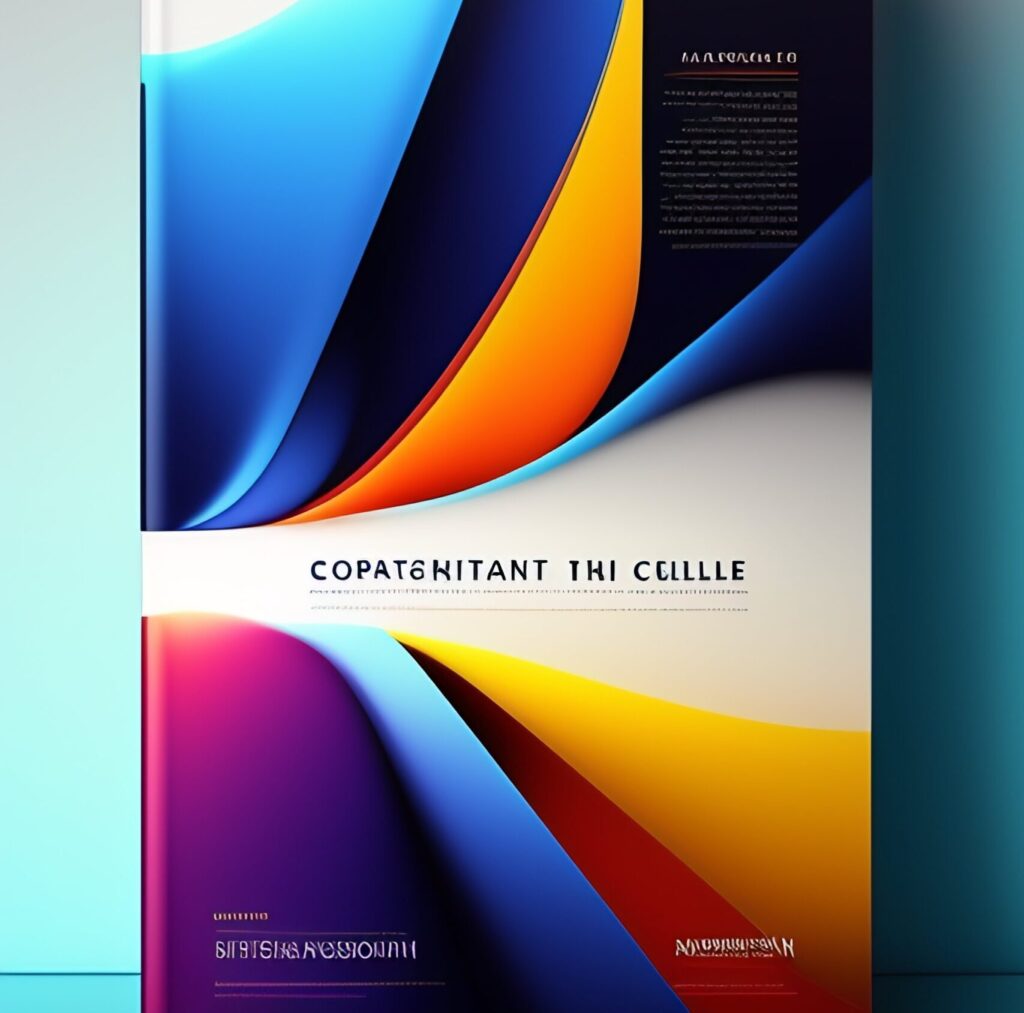
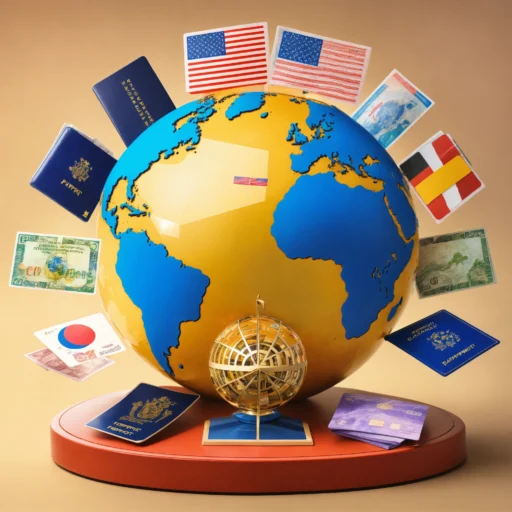
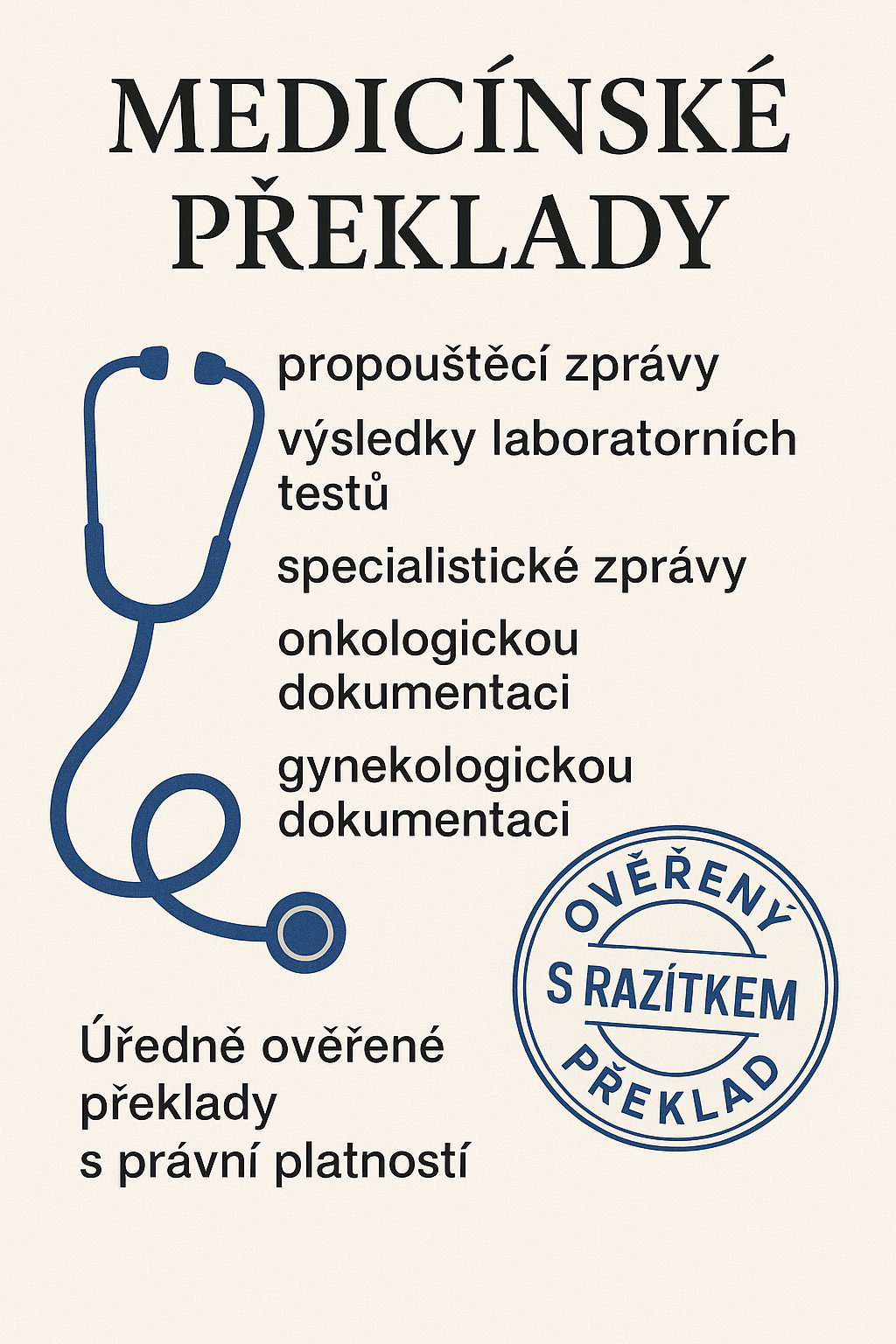
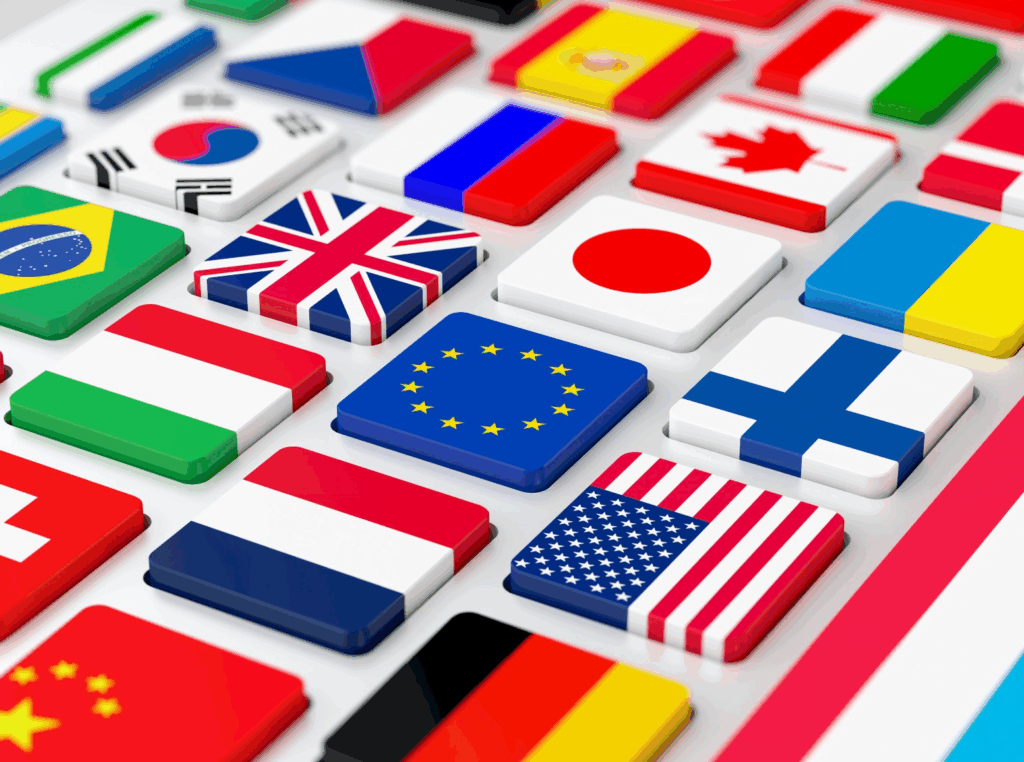
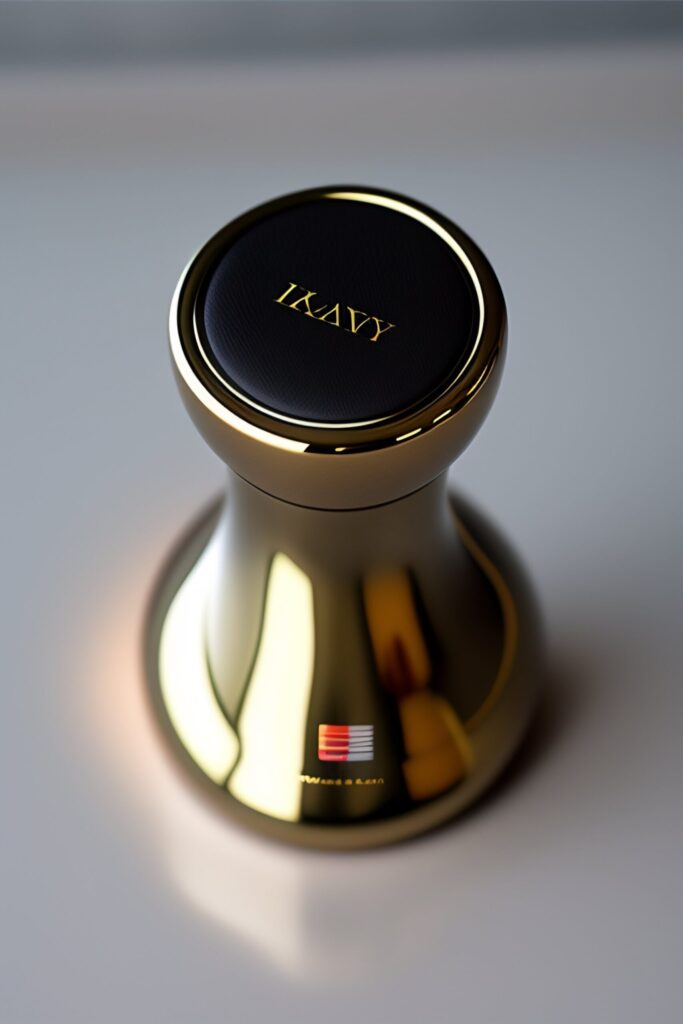

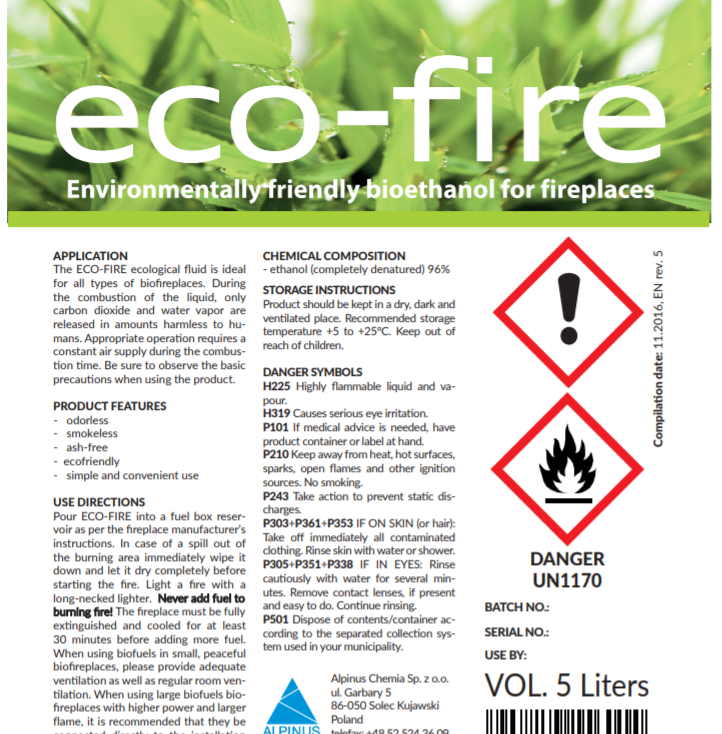
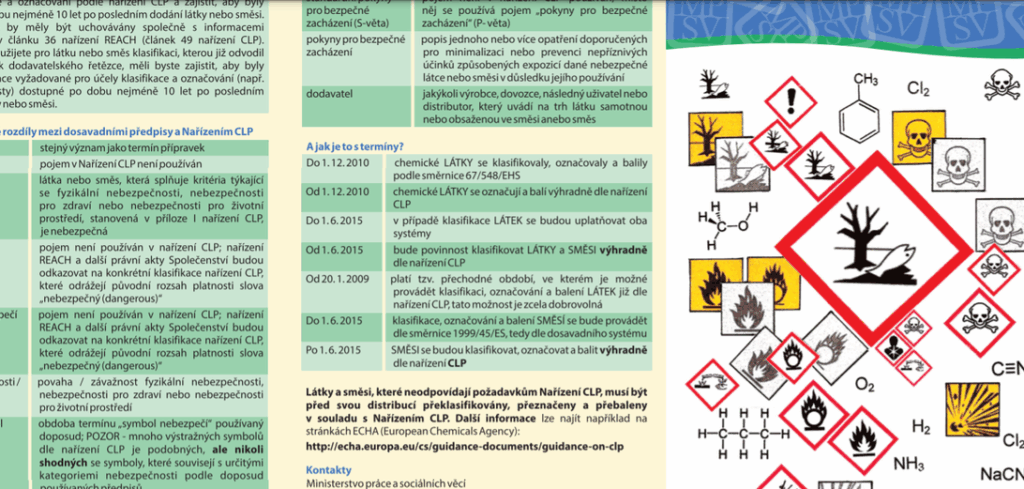

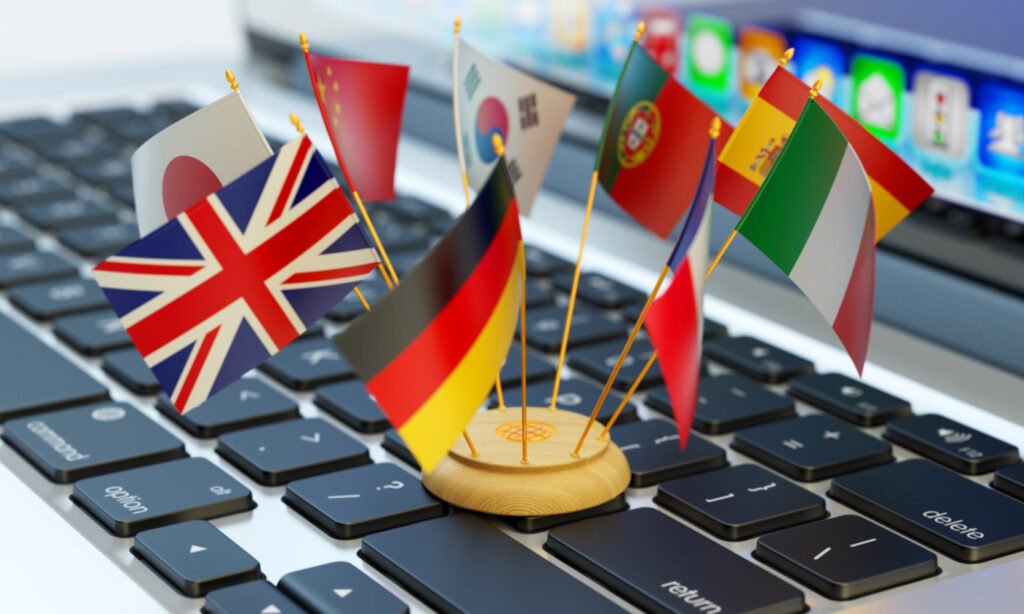
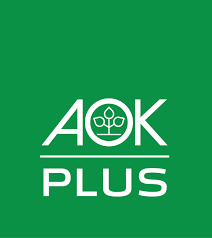
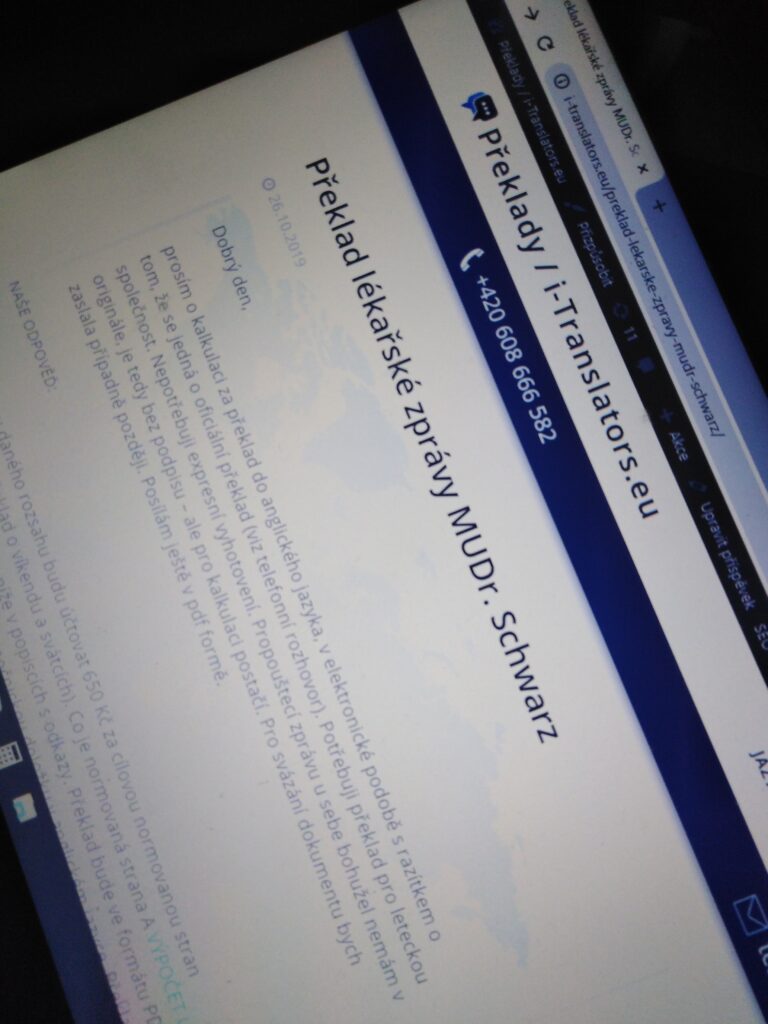


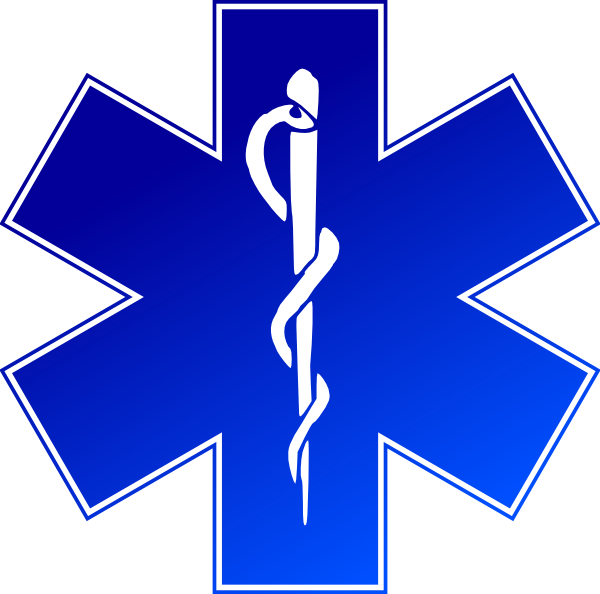


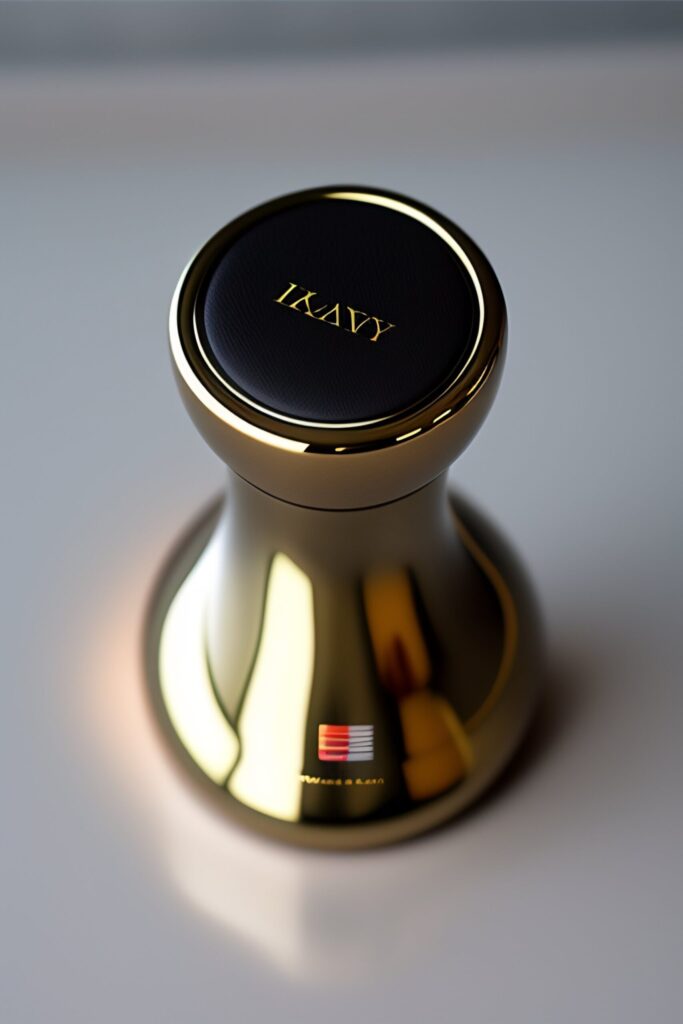
Napsat komentář